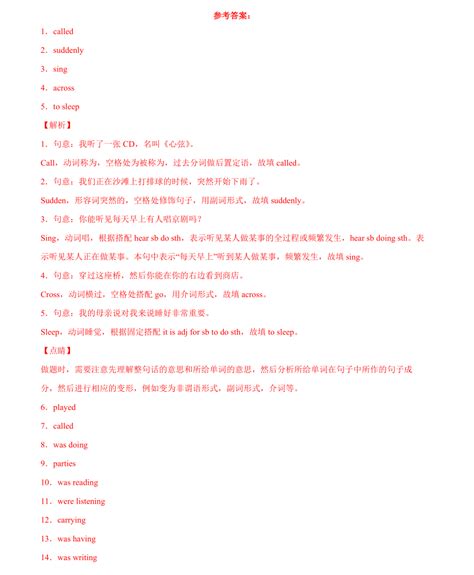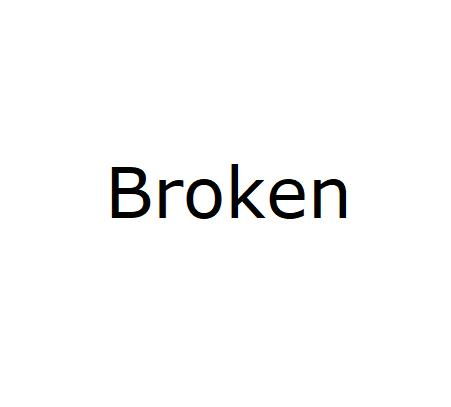What Does the English Word 'Story' Mean?
The word "story" holds a rich and multifaceted meaning in the English language, captivating our imaginations and bridging various contexts from literature to everyday conversations. At its core, a story is a narrative or account of events, often presented in a sequence with a beginning, middle, and end. This simple definition, however, barely scratches the surface of the depth and breadth of what the word "story" encompasses.

To delve deeper, let's consider the etymology of the word. The term "story" is derived from the Old English word "stori," which means "account" or "tale." This origins hint at the ancient and timeless nature of storytelling, a universal human practice that predates written language. Through the ages, stories have been oral traditions passed down from generation to generation, weaving history, culture, and wisdom into the fabric of societies.

In literature, a story often refers to a piece of writing that narrates a sequence of fictional or non-fictional events. These narratives can take various forms, such as novels, short stories, biographies, memoirs, and historical accounts. Within these genres, stories serve as a means of entertainment, education, and social commentary. They allow authors to explore human experiences, emotions, and the complexities of the world, offering readers insights into themselves and the broader human condition.
One of the most compelling aspects of stories is their ability to create empathy. By immersing readers in different worlds and perspectives, stories enable us to understand and relate to characters who may be vastly different from ourselves. This emotional connection fosters empathy and promotes understanding, breaking down barriers and fostering a sense of unity.
In addition to literature, the word "story" also has significant connotations in the realm of journalism and news reporting. A news story presents factual information about recent events, often based on reporting and research. Unlike fictional narratives, news stories aim to convey accurate and verifiable information, though they can still employ narrative techniques to engage and inform audiences. The art of storytelling in journalism is crucial, as it helps to make complex issues accessible and relatable, driving public engagement and fostering informed decision-making.
Beyond the written word, stories also play a crucial role in visual media, including film, television, and animation. Screenwriters craft cinematic stories that unfold through visual storytelling, dialogue, and sound. These visual narratives often incorporate elements of drama, comedy, suspense, and horror, engaging audiences on multiple sensory levels. The power of visual storytelling lies in its ability to transport viewers to different worlds, evoke strong emotions, and leave lasting impressions.
Moreover, the word "story" extends beyond narrative structures to refer to the individual sections or levels of a building, especially in multi-story structures. In this context, a story is a horizontal division within a building, typically separated from others by a floor. This architectural use of the word reflects the layered nature of stories in general, each level or section contributing to the overall structure and design.
In the digital age, the concept of "story" has evolved further, with the advent of social media platforms and digital storytelling tools. Platforms like Instagram, TikTok, and Snapchat have transformed how we consume and share stories, often in bite-sized, visually-driven formats. Digital stories can be instantaneous, interactive, and global, reaching vast audiences in real-time. This democratization of storytelling has empowered individuals to share their personal experiences, perspectives, and creativity with the world, fostering a more inclusive and interconnected narrative landscape.
The word "story" also carries metaphorical significance. In everyday language, we often refer to a "story" as the overall sequence of events or the background information surrounding a particular situation. For instance, when someone says, "I have a story to tell you," they are typically referring to a series of connected events that have significance or interest. This metaphorical use underscores the intrinsic human desire to make sense of the world through narratives, to find patterns and meaning in our experiences.
Furthermore, the idea of a "story" is deeply intertwined with our personal identities. Each individual's life can be seen as a story, with its own unique plot, characters, and themes. Our stories shape our identities, influence our decisions, and guide our relationships. By reflecting on our personal stories, we can gain insights into our pasts, understand our presents, and imagine our futures.
In the field of psychology, the concept of storytelling is recognized as a powerful therapeutic tool.叙事疗法鼓励个体通过讲述和重构自己的故事来处理和治愈心理创伤。通过这个过程,人们可以重新评估过去的经历,释放负面情绪,并发展出更加积极和自我接纳的叙事。这种内在的故事重构有助于促进个人成长和心理健康。
Stories also play a pivotal role in education. Teachers often use storytelling to engage students, making complex ideas and concepts more accessible and memorable. Through narrative, students can explore different cultures, historical
- 上一篇: 如何轻松关闭拼多多的先用后付功能
- 下一篇: 如何在拼多多关闭先用后付功能?
-
 What Does the English Word 'Korea' Mean?新闻资讯11-02
What Does the English Word 'Korea' Mean?新闻资讯11-02 -
 What does the English word 'ahead' mean?新闻资讯10-22
What does the English word 'ahead' mean?新闻资讯10-22 -
 What does the English word 'feeling' mean?新闻资讯10-25
What does the English word 'feeling' mean?新闻资讯10-25 -
 What Does the English Word 'Broken' Mean?新闻资讯12-02
What Does the English Word 'Broken' Mean?新闻资讯12-02 -
 What does the English word 'sticker' mean?新闻资讯12-04
What does the English word 'sticker' mean?新闻资讯12-04 -
 Hacker: What Does the English Word Mean?新闻资讯10-31
Hacker: What Does the English Word Mean?新闻资讯10-31











